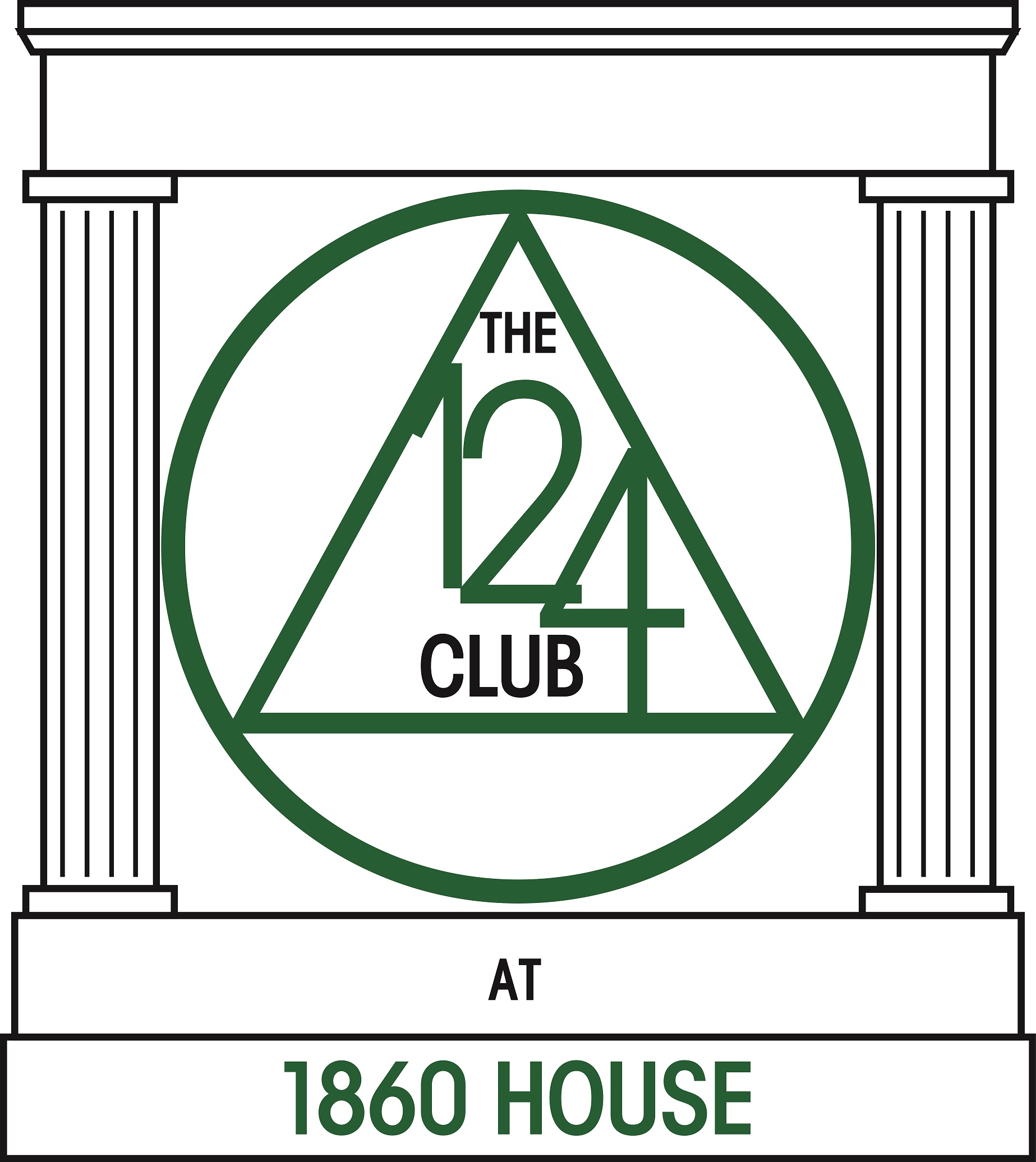What is “Twelve Step Fellowship”?
A twelve-step program is a set of guiding principles that outline a course of action for recovery from addiction, compulsion, or other behavioral problems.
Originally proposed by Alcoholics Anonymous (AA) as a method of recovery from alcoholism, the Twelve Steps were first published in the 1939 book, “Alcoholics Anonymous: The Story of How More Than One Hundred Men Have Recovered From Alcoholism”.
The method has since been adopted by, and became the foundation for, other twelve-step programs such as Narcotics Anonymous, Overeaters Anonymous, Co-Dependents Anonymous and Debtors Anonymous. The process of twelve-step recovery has been characterized by Dr. Bob – one of AA’s co-founders – as “Trust God, clean house, help others”.
People who participate in twelve-step recovery programs find that change from the destructive behavior of addiction is possible through fellowship with fellow sufferers and by attending twelve-step meetings, honestly sharing personal stories, identifying with the experience of others and applying freely offered suggestions for change in their own lives.
The scope of AA’s program is much broader than just changing drinking behavior. The AA process encourages the transformation of the alcoholic’ character, producing a “personality change sufficient to recover from alcoholism” while abstaining from alcohol, one day at a time. The personality change is believed to be brought about by means of a spiritual awakening achieved from following the Twelve Steps, helping with duties and service work in AA, and regular AA meeting attendance or contact with AA members. Members are encouraged to find an experienced fellow alcoholic called a sponsor to help them understand and follow the AA program. Some members suggest the sponsor is preferably one that has maintained sobriety for at least a year and is of the same sex as the sponsored person, and who does not impose personal views on the sponsored person. Following the helper therapy principle, sponsors in AA benefit as much, if not more, from their relationship than do those they sponsor. Helping behaviors correlate with increased abstinence and lower probabilities of binge drinking.
